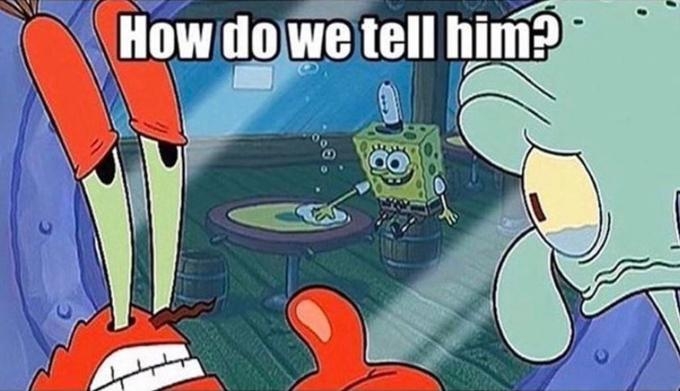There are a couple of issues
- Anti-trust: the NCAA never got an anti-trust exemption like the NFL or MLB, so wage-setting across employers is illegal collusion
- Did I say “employers”?: the NCAA and member institutions tried to have it both ways—they aren’t paying you, it’s a scholarship, so the school is not an employer, but the athletes can’t take money from anyone else. The Supreme Court said “you have to pick”.
- What is NIL?: there were plenty of examples of NIL prior to the court verdict, and they didn’t look like what we have now. That was “influencer” money. This is just funneling cash to athletes.
1. Can employers put limits on outside income? Sure, many do. The NCAA still hasn’t admitted that this is a job, so they can’t.
2. Can the NCAA enforce common payment standards across member schools—basically a salary cap? Only with an anti-trust exemption.
Any regulations on income will either be a hard cap or a soft cap, so they’ll need agreement of the member schools and congressional support through an anti-trust exemption—or you’ll have multiple leagues with competing standards and pay scales.
We bandy a lot of ideas around here, but none of them will work without addressing those two points.

